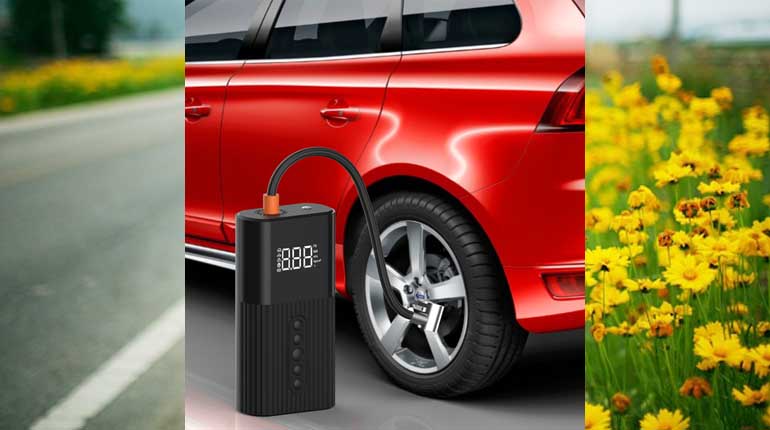
Application Situation Of QI Wireless Charging In Public Places
The past few months have been challenging for nearly every industry in all regions of the world. More than 140 countries around the world have imposed some form of restricted movement or “lockdown” due to the COVID-19 pandemic. Many are still in the phase of these restrictions, and many types of public spaces, including bars/pubs, cafes, restaurants, theatres, hotels and transport hubs, are closed to the public for extended periods of time, with reopening only allowed under strict conditions .
Many of the guidelines include sanitation stations, safe distancing of seats, reducing maximum capacity, eliminating queues and separating spaces with screens/dividers. Other guidelines to reduce the spread of the virus include advance booking requirements, elimination of traditional menus, implementation of “track and trace” initiatives and cashless payment methods.
Similar trends in contactless and contactless initiatives such as mobile ticketing, check-in and boarding have been implemented in public transport and transport hubs such as train stations and airports.
While swift early steps are needed, fears of continued transmission in many countries have led to long-term preparations for what has begun to be dubbed the “new normal.” Long-term plans are often centered around digital technologies, enabling users to book, order, register, browse and pay for services, as well as mobile ticketing and passports, using their own mobile devices.
Most of the technologies being implemented already exist, and public space initiatives are accelerating their adoption. One of the biggest challenges venues face while encouraging users to use their own devices for these functions is providing customers with charging facilities. Providing customers with access to charging has become a necessity in order to avoid the difficulty of customers running out of battery before a public transport trip, transaction is completed, or check-in is complete. At the same time, traditional wired charging has been hampered by the potential for the spread of germs from the home, office or other public spaces, paving the way for contactless wireless charging to become a future option for charging solutions in public spaces.
The benefits of Qi certified wireless charging in public spaces include convenience
(users don’t need to carry anything with them), easy cleaning and disinfection, permanent installation that is forward and backward compatible with Qi-certified devices, and ease of use (drop and charge), no need user touches anything). WPC’s Infrastructure Application Group (IAG) exists to accelerate the adoption of Qi wireless charging in public spaces, with members from wireless charger manufacturers, component suppliers, equipment manufacturers (such as mobile phones), integrators and public space owners operator/operator.








